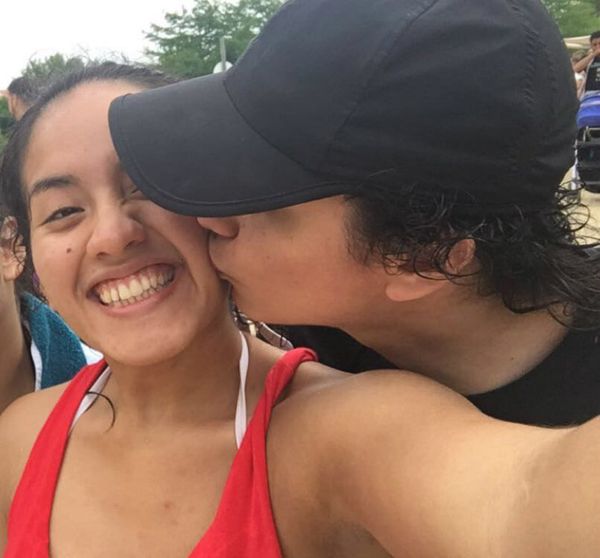I still remember: I was in the middle of my math lesson when the strong, sleepy feeling hit me. Symbols and formulae became blurry, and the sound of my teacher slowly disappeared.
Then, I heard my teacher call my name loudly.
I opened my eyes and saw her angry face, suddenly remembering that I was in the middle of a lesson. I felt guilty and ashamed.
Incidents like these started happening too frequently, and it seemed like there was nothing I could do about it. When the teacher told my parents I was sleeping in class, they thought the pressure of tests and academic work had made their little girl feel exhausted. My friends made fun of me, calling me the "sleeping queen." Even the doctor, although he didn’t have any explanation, refused to consider there might be something wrong.
I realized I would have to take the initiative myself.
Through my own online research, I first learned about narcolepsy and was diagnosed. Though there is no cure, I at least knew the name of my ailment now, and, over time, I found methods that helped me. Standing up to walk around for minutes and drinking water were ways for me to stay awake when the drowsy feelings came.
I was also able to connect with people like me who had the same problem to read about their stories through narcolepsy network, such as a girl who graduated from USC, who invited me to join her support group. There, we discussed our common sickness, and she taught me that it was important to take care of myself and not worry about feeling weird or embarrassed.
Slowly, my symptoms have gotten better. I used to go to sleep anxious about my problems, but now I am able to have a peaceful and long sleep which helps me keep awake during the day. I have become more fit as the exercise regimen I started to overcome narcolepsy has pushed me toward greater total health.
I see narcolepsy as a challenge in my life path, but also as an opportunity that has made me stronger.



















